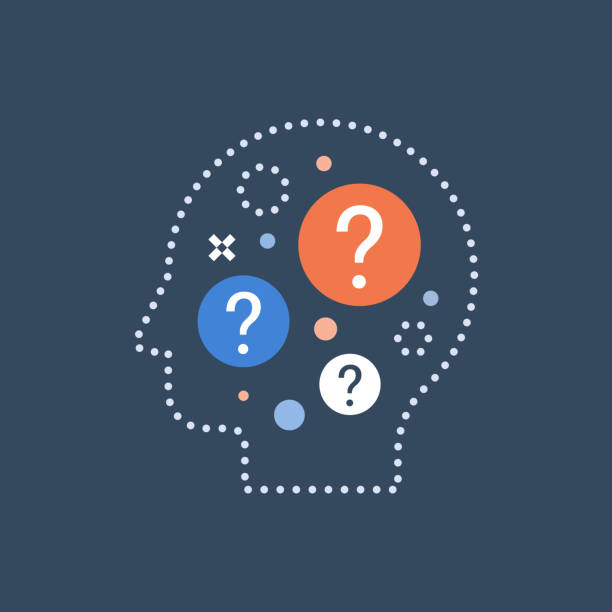No, we should not try to make everyone normal. Firstly, it is subjective to determine what normal is anyway – is it the majority? the average? Furthermore, it impinges on the basic human rights to force others to conform to an arbitrary standard or definition of normality.
Are People Trying to Make Everyone ‘Normal’?
That is the title of one section in New Scientist’s ethics issue. As someone on the Autism Spectrum, formerly known as an Aspie, I find the concept deeply worrying. As someone who’s always been an outsider and never part of a group, I have wanted more acceptance of neurodiversity. Forcing people to be the same will do the opposite.
Outlined in the magazine article are a range of things drugs and other modifiers can do. Here’s a few:
- Make people more empathetic
- Improve moral reasoning
- Increase concentration
- Link minds directly to computers
- Remove depression and iron out other mental health issues
- Manipulate thought patterns
The basic premise of companies like Kernel who want to develop intelligence boosting brain implants or Elon Musk who has developed the Neuralink project to connect brains and computers, is that we can all be improved with tech and chemicals.
At the same time though, there is society’s desire to make everyone the same. It’s still struggling with people who look different without going into people who think differently. And we’re not just talking about different political ideas (tolerance for that is at a low right now) or faiths, but just different thought processes – ie, being on the spectrum.
Let’s get one thing straight. Society did not get where it is now, as the most advanced and reasoned species on this planet, without neurodiversity. If we’d all thought the same way all the time, we would not have innovated and progressed.
Genetical Modification
The previous ethical issue raised in the magazine was should we genetically engineer our children? This is actually a live question whereas the one above should have been redundant by now. Already we have:
- Screening for Down’s Syndrome
- Abortions for severe deformities and abnormalities
- Abortions based on gender in several countries
- 3 parent children – sperm, egg, mitochondrial DNA
Recently, scientists have developed a genome-editing method called CRISPR. It has the potential to weed out numerous genetic modifications and mutations. At a stroke it could remove dwarfism, which alarmed Kiruna Stamell for example, but many other things too. To many sensible people it raises the worrying prospect of a return of eugenics. Yet, it could also help fix certain problems like deafness, blindness and paraplegia. So the question will be, what is ok to fix and what is not? What is a human right to be different and what is a problem to be solved?
Again They’re Trying to Cure Autism…
What if they try to make people on the Autism Spectrum more empathetic? The empathy failing is not with us on the AS, but neurotypicals expecting only one kind of response – like my sister criticising me for not crying at a time she thought appropriate. As David Mitchell has found out by reading the works of Higashida Naoki such as The Reason I Jump and Fall Down 7 Times, Get Up 8, we do feel, in fact we feel intensely, perhaps more intensely than neurotypicals. It can be like turning all dials on a mixer up to maximum or adding all colours together until you get white light and expecting some kind of nuance from it all.
You do not have to take my word for it that we feel a lot. You can read Higashida’s works and see it for yourself, and do not let silly, patronising neurotypicals tell you someone like him could not possibly write this. Do not live in a shallow world of so-called normals – there’s a lot more depth to us and indeed, to you too if you embrace it. Do not be afraid of difference – it’s not malign, but as Steve Silberman lays out in Neurotribes, we could be the arch progressors of humanity, or more likely, people less likely to fall for advertising tricks and who come with different ways of seeing the world, giving fresh perspectives, and innovative solutions – if we’re listened to.
Should We Embrace Difference Instead of Curing It?
The drive to “cure” children on the Autism Spectrum, thanks to the deranged ideas of Leo Kanner, is still strong in many parental circles; especially in America. Mostly, on reading personal accounts, it comes from neurotypical parents scared of difference and unwilling to embrace it. David Mitchell embraced his autistic son and things improved immediately but he needed to read Higashida first.
One of the scientific questions most often posited in Science Fiction is “how far is too far?” How far should science go and just because it can, does it mean it should?
In this circumstance we are back to the forced electrocutions of autistic children to try to realign their brains or to feed them LSD, beat them into being normal, or chemically castrating homosexuals… but worse, if DNA strands can be found which create a higher likelihood of autistic traits or homosexuality, will some parents start demanding the right to change them?
That would be a slippery slope which along with trying to make people “normal” whatever that is, will only lead to more discrimination, genetic exactness, and actually, the stunting and ultimate demise of the human race. As we Aspies love a pun, here’s one to finish – we cannot cheetah a genetic bottleneck.

